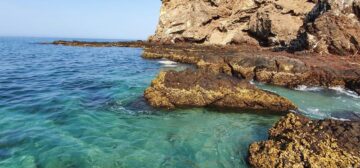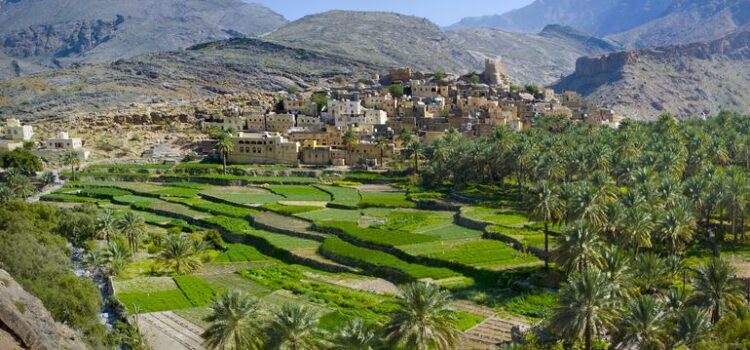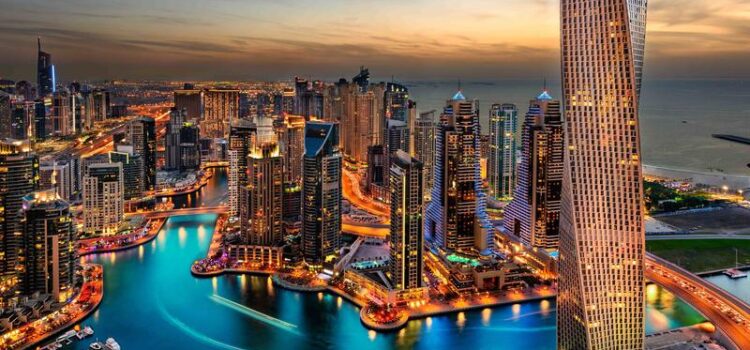The cuisine of Oman recalls its role as a key trading post between east and west. The spices used in stews and soups came to Oman by way of the spice trade from India, but the traditions of grilled meat and preserved fruit came by land from the Arabian peninsula. Muscat is the dining centre of Oman and the best place to try some of the more interesting dishes of the Sultanate, including spectacular seafood hauled fresh from the Arabian Sea. As a rule, Omani cooking is less spicy than in other parts of the Gulf, with lots of dishes based on lamb and chicken, usually served with rice, or fried together with rice in local versions of India’s biryani. Some of the tastiest dishes are reserved for big religious festivals. Locals eschew alcohol in favour of strong coffee, flavoured with cardamom and served with dates and other sweet treats.Muslims are forbidden to drink alcohol, but most hotel bars and restaurants have a bar for guests. Visitors are only allowed to drink alcohol if they purchase drinks from licensed hotels and restaurants. To buy alcohol for home consumption, Western nationals must obtain a licence from their embassy. Food bought in the main supermarkets can be regarded as safe. Outside the capital area, milk may be unpasteurised and if so, should be boiled. Powdered or tinned milk is available and is advised. Avoid dairy products unless you know they have been pasteurised. Only eat well-cooked meat and fish. Vegetables should be cooked and fruit peeled.It is advisable to avoid food and drinks bought from street vendors. Wash your hands often with soap and water, especially before eating. If soap and water are not available, use an alcohol-based hand gel.While tap water is generally safe to drink, most Omanis drink bottled water and this is widely available. You can safely drink carbonated drinks in cans and bottles. Outside the capital area and main towns, you should boil or sterilise water used for drinking, brushing teeth or making ice. Use iodine tablets and portable water filters to purify water if bottled water is not available. Avoid ice cubes in your drinks.Tipping is not expected but becoming more common; 10% should be given in hotels and restaurants with licensed bars, but is not expected in more casual restaurants.






